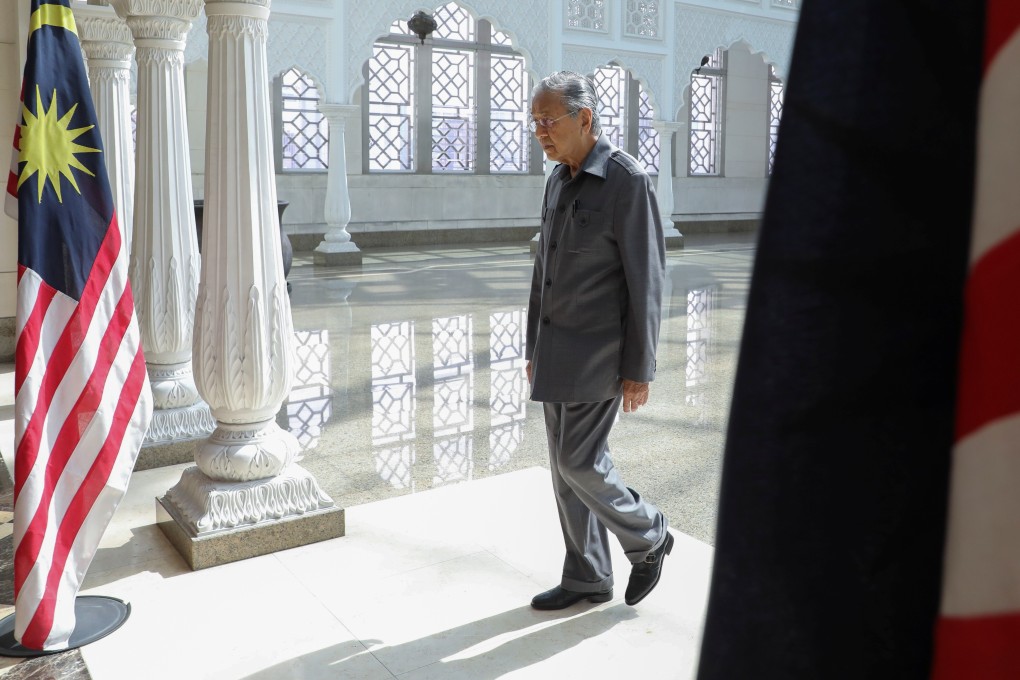Advertisement
Opinion | Mahathir is always right – his comments about Macron need context. But so does France’s relationship with Islam
- The French president’s statement that ‘Islam is in crisis’ reflects the country’s failure to address the challenges of immigration and colonial memory
- Likewise, Mahathir was trying to rattle Macron, as well as other Muslim leaders – but he has also revealed his reliance on old political, religious and gender paradigms
Reading Time:6 minutes
Why you can trust SCMP
0

The Muslim world has fallen out of love with France since President Emmanuel Macron this month stated that “Islam is in crisis”. Macron’s war with what he calls “radical” or “separatist Islamism” has been backed up by interior minister Gerald Darmanin, whose declaration this month that France was “at war with the Islamist ideology” was followed by the closure of a mosque in a city on the outskirts of Paris and the arrest of its leader.
These extreme measures and statements are responses to the murder of Samuel Paty, a French history teacher who was beheaded by an 18-year-old male from Chechnya after showing caricatures of Prophet Mohamad to his class to illustrate a debate on freedom of expression. These were the same illustrations published by satirical magazine Charlie Hebdo, which have left severe criticism and extreme violence in their wake.
Macron’s statement has drawn criticism from around the world, with particularly strong reactions from Malaysian politicians Mahathir Mohamad and Anwar Ibrahim – but some context is required to understand what lies behind the political postures in France and in Malaysia.

While we understand the French government is defending the country’s core principles and laws, it seems to systematically avoid the real debate about social and political schisms existing in France.
Rather this debate is stuck in manichean and sterile discussion between laicité, the French constitutional principle of secularism, and Islam or Islamism. Laicité was enacted in 1905 to define the strict separation between state and church, meaning religion in general, with its guarantees including the religious neutrality of the state and the right for an individual to practise their beliefs.
Advertisement
